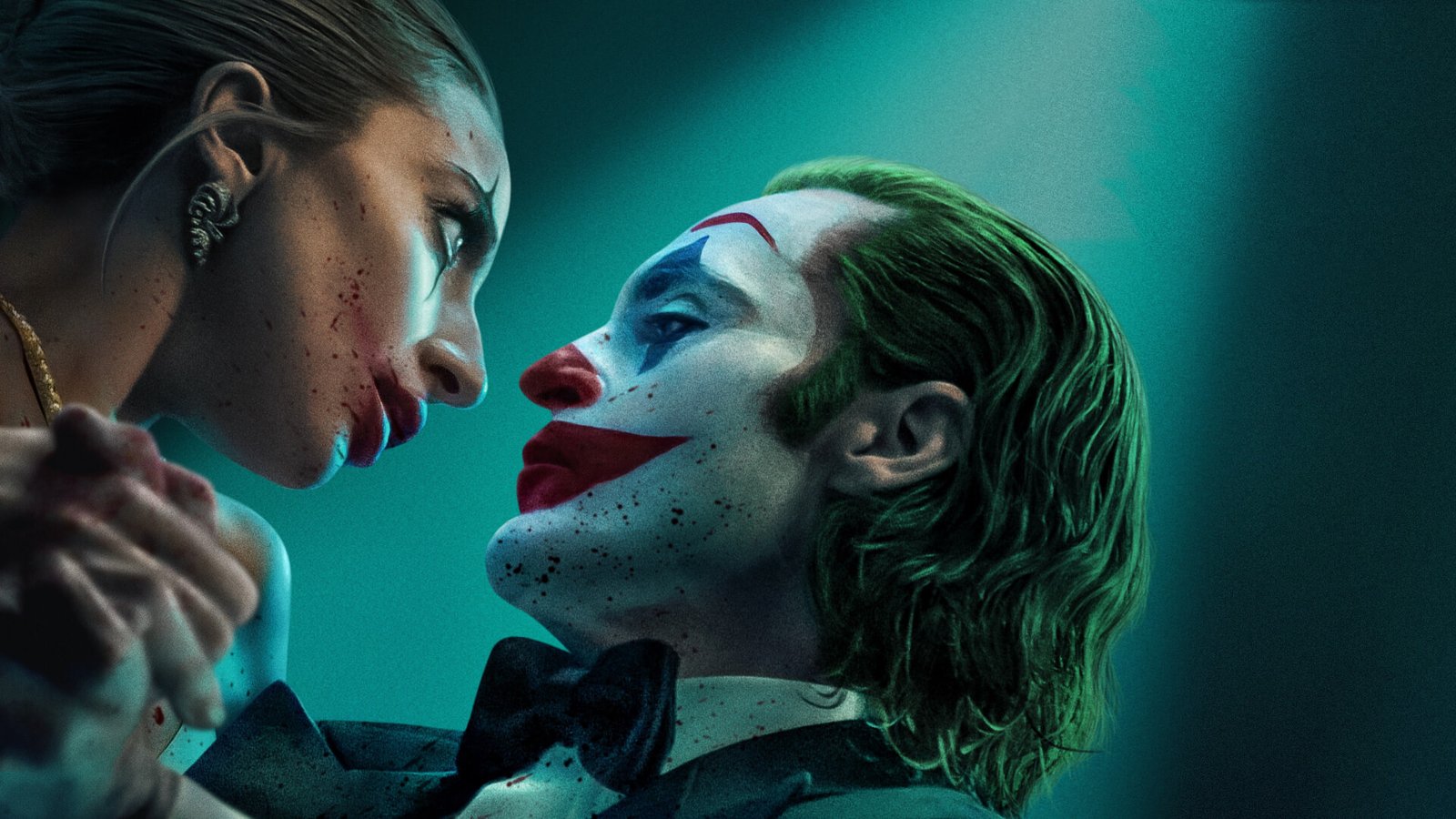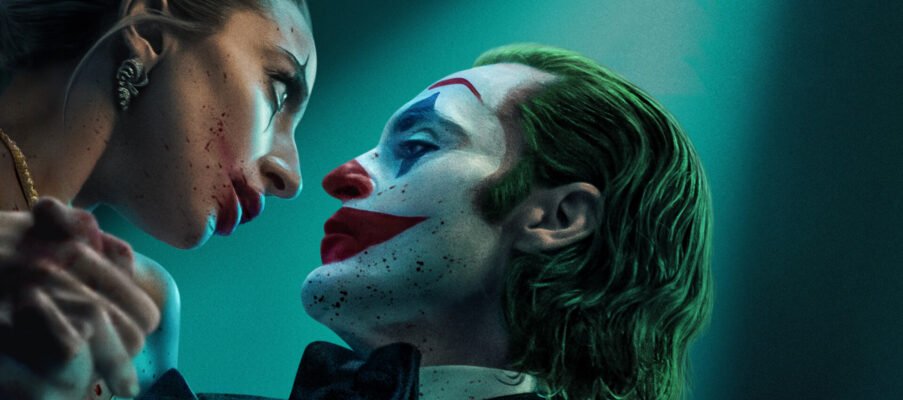Joker: Folie à Deux
I walked into the cinema with one goal in mind: I was going to view this sequel as its own film and try my best not to compare it to the original because Joker is a masterpiece—one that will be idolized in the future.
Surprisingly, this was a lot easier than I thought it would be, because the world in Joker: Folie à Deux is completely unique, a heightened contrast to the first, which was gritty, authentic, and true. There is a reason for this.
I’m a lover of musicals. Believe me, since I was young, the likes of Fred Astaire, John Travolta, and Liza Minnelli filled my screens, while West Side Story, Andrew Lloyd Webber, and, most recently, Lin-Manuel Miranda, flooded the rooms. Musicals, in my eyes, and music in general, have always been a way to confront, detach, heal, romanticise, and overcome what can be a brutal and harsh reality.
That’s why, when I heard the rumours about this film being a musical, I thought it was truly fitting for the environment and character we came to know so well in the first film. Someone like Joker, who suffers not only from mental health issues but also from an unforgiving society and life—something we can all understand—makes sense as someone who would completely escape to a new world within his mind.
This film, in particular, literally puts us in his clown shoes (hahaha), and unlike the first, we see how far his fantasies can go, and how his sense of reality has no boundaries, blending into one.
The music choices and soundtrack added warmth to the film and highlighted not only the nuanced feel of Gotham City but also Arthur himself, as a man just looking for love. All these songs have two things in common: they show him as either a hopeless romantic or someone longing for acceptance and attention. Also, I have to add—having Nick Cave on the soundtrack made me sooooo happy
PLUS, why is no one talking about how gorgeous Joaquin Phoenix’s voice is? I was truly blown away, and I’m definitely adding his versions of some of my favorite songs to my playlist.
Lady Gaga as Lee also feeds into this idea of musicals as an escape. She seems almost unnatural in this world because she is such a recognizable musical icon, yet I think this works symbolically. Fleck is immediately drawn to her.
This is the first time we meet someone through his eyes that he can relate to—someone who is similar and out of place. She plays an amazing role, and yes, I have my theories, which I think my dad and I might even make a post about. I believe this film constantly makes us question the lines between reality and fantasy, and Lee is the instigator of this—she makes us question and holds our hand into this new world.
Overall, I really enjoyed the film. The performances were astounding, which wasn’t a big surprise given the cast. The cinematography once again pushed boundaries, offering a visual portfolio of the work this crew could create, with high contrast and juxtaposing visuals. We got amazing music and sound design.
However, I can understand why many won’t enjoy this film, especially if they don’t like musicals. I’ve seen many say that this film is almost afraid to fully commit to being a musical. However, I see it as Arthur battling his inner demons and fantasies, trying to come to terms with himself, causing a back-and-forth between these worlds.
The only real issue I had was the world outside of this exciting, captivating musical extravaganza—it lacked much of the truth that the first film held so close to heart. You’d think that his life in prison would have more uncomfortable and detrimental moments compared to the outside world.
Maybe they could have given him time to revisit moments from the beginning. I thought the first half of the film was much stronger than the second.
I believe the first Joker made us see how we are as a society and how it affects people—most importantly, the side effects on mental health. Joker: Folie à Deux puts us in Fleck’s shoes to see how he sees, feels what he feels, romanticises and imagines, and ultimately, loses, as he does.⠀

